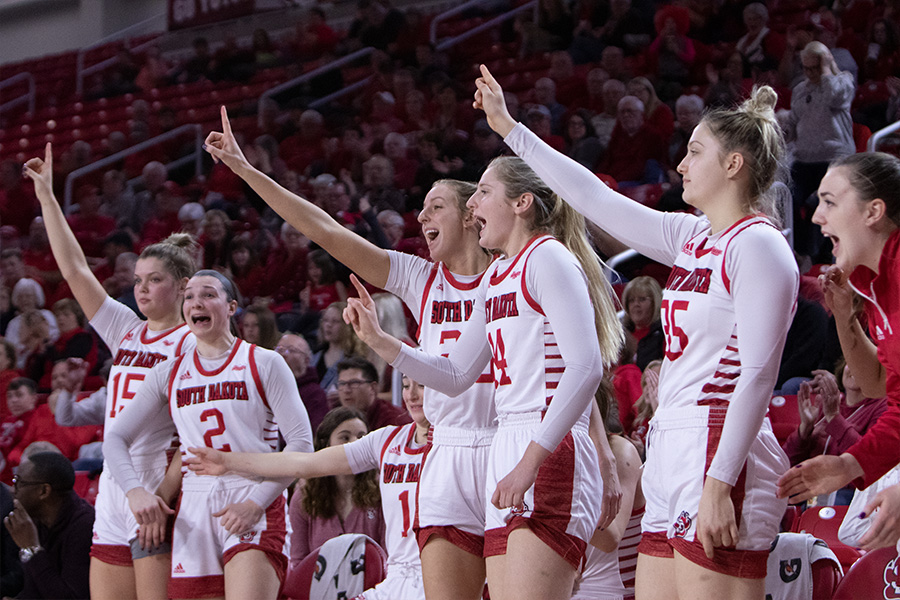Lower Brule Meeting Erupts After Leadership Disagreement
LOWER BRULE, S.D. (AP) — The political divisions that have split some members of the Lower Brule Sioux Tribe showed through Wednesday when the first tribal council meeting since the death of former Chairman Michael Jandreau ended in chaos.
More than 60 people gathered for the meeting on the Lower Brule reservation and packed into the Tribal Council chambers. But a disagreement between supporters of Jandreau’s decades-long administration and a members calling for more transparency eventually turned into a crowd-wide shouting match, and it’s unclear how the division will be bridged to form a collaborative government.
The Bureau of Indian Affairs is “closely monitoring” the developments on the reservation after Jandreau’s death and is working with the tribe to make sure no service interruptions occur, a spokeswoman said in an email.
Jandreau earned wide praise from tribal members and state and federal leaders for economic development projects that benefited the roughly 1,300 tribe members on the reservation along the Missouri River. But Jandreau spent his final days defending himself against allegations of financial wrongdoing outlined in January by Human Rights Watch. The group accused him and others of diverting money and concealing financial activity, citing a two-year probe after learning of allegations of wrongdoing while doing other work on the reservation.
Jandreau and Marshall Matz, who has been an attorney for the tribe, have vigorously denied those allegations.
Jandreau’s political opponent, Kevin Wright, who was the tribe’s vice chairman under Jandreau, opened the meeting with a prayer and a moment of silence for Jandreau, who died April 3 from heart problems. Wright then declared he would preside as chairman.
He had previously sent out a memo shortly before Jandreau’s death citing the tribe’s constitution and bylaws in assuming the role of acting chairman.
“I will assure the people that we will follow the constitution,” Wright told the gathered audience shortly before he put the meeting into recess. “I will assure the people that we will provide services that they deserve and … that we will continue as a government.”
Shifting into recess prompted the room to break into chaos.
“We want to know who appointed you chairman,” a man yelled out from the audience. “We don’t appoint you. I don’t. I don’t recognize you!”
Councilman Orville Langdeau, who is also the tribe’s secretary and treasurer, disputed the validity of the meeting for procedural reasons. Langdeau, a Jandreau supporter, said the meeting showed “that our people, our supporters are speaking it up and it’s going to continue.”
Wright said he can lead the tribe as executive and said the tribe and the council must come together. He said his goal is to create a functional, open government and to push for transparency in the tribe’s finances.
A copy of the tribe’s constitution previously provided to the AP by its general counsel says the tribal council appoints someone to serve the remainder of Jandreau’s term.
Bureau of Indian Affairs Spokeswoman Nedra Darling said in the email that it would only get involved in a tribal leadership disagreement in “extreme circumstances,” and only after the tribe had used up all internal avenues.
Jandreau’s granddaughter, Roquel Gourneau, said the leadership issue could end up in tribal court or require a new election. Gourneau said the new council members are trying to unravel the progress her grandfather spent decades building.
Many observers, including those who fall in either political camp, are simply looking for a united path forward.
“For this tribe, there should not be sides,” said Diane Grassrope, a tribe member who lives in Lower Brule. “We are the Kul Wicasa Oyate, and we need to come together for the good of the people.”


